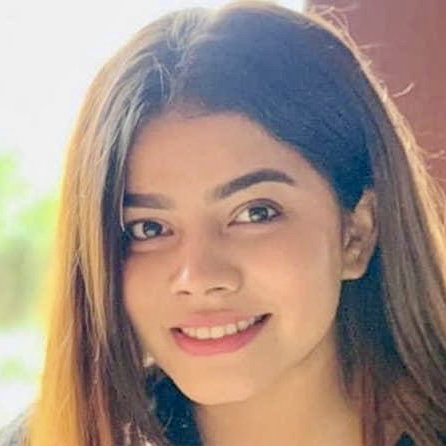Published on: 11/7/2015IST
8 Healthy Eating Tricks That Will Leave You Guilt Free This Festive Season

Let’s accept it, refusing a plate full of mithai, fried foods and farsan is one of the most daunting task on earth. Similarly, you cannot celebrate by excluding them either. So what can one do to balance it out? Dr Balaji J Mohan says that the best way is to pay a little attention to what you eat. “It is OK in indulge in some good food and desserts during festivals, but it is equally important to know when to stop and not over indulge” he says. So with Diwali just around the corner, we share a list of things you can do, to feel less guilty and more healthy.
1. Opt for sweets with natural sweeteners.

Choose from options that are made with natural sweeteners like dates or anjeerinstead of buying traditional sweets like kaju katli or boondi ka laddoo that are loaded with sugar. Anjeer and dates are very rich in calcium and also a good source of fiber. One can also have Anjeer barfi which is nutritious and good for health. Eating sweets made from natural sweetener is healthy and does not cause a spike in sugar levels as compared to traditional sweets.
2. Be smart with food.

We often find ourselves pouncing on the sweets and savories of our choice, but the trick is to stick to healthy eating options. Dietician Sohini Shah says, "Moderation and eating healthy are the fundamental rules to follow, this Diwali. Have a fruit or fresh veggies or fruit smoothie or a small portion of salad and soup before going out for a meal. Not only will it fill you, it will help you to eat in moderation. Always go for smaller proportions and take the desserts that you like. Do not taste everything and fill yourself when in a party."
3. Keep yourself hydrated.

Many people misunderstand their thirst for hunger. So it is necessary to keep yourself hydrated. Again remember to avoid sugary and aerated drinks. Instead, opt for fresh juices, buttermilk, coconut water and lime water, suggests Sohini. Drinking atleast 2-3 liters of water not just helps your metabolism, it also gives you an instant glow.
4. Cook healthy.

One can enjoy the traditional food varieties that are prepared during festivals by making changes to the recipes. Improve the style of cooking by using grilled or baked dishes instead of deep fried pakodas and fries. There is lesser intake of calories when the cooking method is swapped and one is also free from Trans-fats and manages diabetes in a fairly better manner
5. Plan your meals

Diabetics especially need to stay extra careful while planning their meal. A light snack, like a bowl of soup or salad before going out for dinner would avoid over eating. Eating a small meal that consists of a fruit salad at regular intervals can help to maintain sugar levels and avoid binge eating. One must also wisely choose their food options to avoid fluctuations in sugar levels. Control portion size and choose grilled, baked or barbequed snacks instead of fried ones. Drink plenty of water throughout the day as water helps dissolve waste particles and passes them smoothly through your digestive tract.
6. Say NO to alcohol.

Festivals are a time for celebration and consuming alcohol is synonymous with celebration. Drinking alcohol at get-togethers and parties can increase calorie intake. Alcohol does not allow break down of carbohydrate hence it is easier for diabetics to get hypoglycemia or low sugars which is dangerous. Controlling the alcohol intake is very important to maintain blood sugar levels.
7. Don’t skip exercise.

At least include simple form of exercise like walking after a heavy meal during festivals. One must not let festival be a reason to skip exercise. Follow regular exercise regime to stay healthy. Look for ways to keep yourself active through the day. During festivals most individuals tend to eat calorie laden food. In such a scenario, skipping exercise could strongly affect your sugar levels.
8. A healthy vacation.

Most people travel during Diwali vacation. So while you are enjoying your vacation make sure you do some form of exercises. Go for a walk on the beach or go for a swim. If the hotel has a gym, use it. If you are a tourist and going sightseeing, walk as much as possible. Have healthier breakfast options and go for food with less oil. Keep your dinner light. Sandwiches and soup are also a great option.
With Inputs from Dr. Balaji J Mohan, Consultant Diabetologist, Apollo Sugar, Bangalore and Times of India
11/11/2015 | | Permalink
